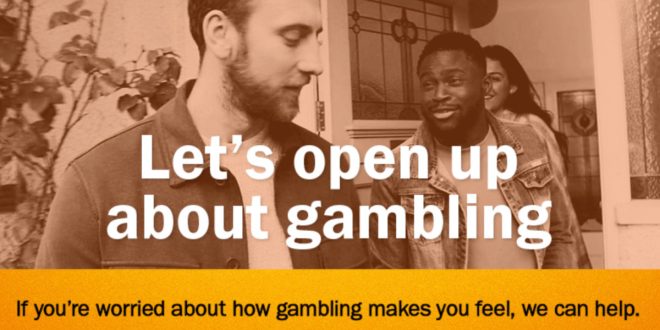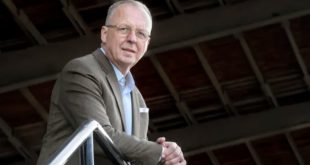GambleAware has called on partners and stakeholders to actively engage in addressing the stigma associated with problem gambling treatment which, it claims, continues to represent a major barrier for those seeking support.
The announcement comes as new data commissioned by GambleAware reveals that nearly two-thirds (64%) of adults in Great Britain who have experienced gambling problems have not discussed their issues with anyone, with 39% attributing their silence to stigma.
This data underscores GambleAware’s concerns about the high incidence of silence among those suffering from gambling harms and addiction. In response, it is launching the next phase of its stigma campaign to encourage those experiencing harm to seek support.
Chief Executive Zoë Osmond said: “It’s alarming to see the number of people who are struggling in isolation. As a hidden addiction, gambling harms can be incredibly hard to spot from the outside.
“It is therefore critical that people impacted are aware of the wide range of support services available, and that they feel safe to come forward. Anyone can be impacted by gambling harms, but the first step is to open up and have that first conversation, ideally as early as possible.”
The campaign is supported by a range of influential voices who are sharing their perspective on stigmas and treatment, including Dr. Ellie Cannon, Professor Dame Clare Gerada, and Dr. Linda Papadopoulos.
The message of addressing social stigmas is further strengthened by the shared lived experience of sports broadcaster Clive Tyldesley and social media entrepreneur Scott Thomas.
At the core of combating stigma, GambleAware aims to showcase the vast range of resources available to anyone who is concerned that gambling might be affecting themselves or someone they know. The public is encouraged to use the self-assessment tool to get free and confidential support tailored to their specific needs.
The new campaign was supported by the Gambling Minister, Stuart Andrew, who stated: “Too often we see the devastating impacts of harmful gambling, and our white paper outlines a host of new measures we’re implementing to protect those most at risk.
“A key element of our plans is the introduction of a statutory levy on gambling companies to raise sufficient, sustainable, and trusted funding for research, prevention, and treatment of gambling-related harm.
“Stigma is the biggest barrier preventing people from seeking help, and I welcome GambleAware’s vital campaign which is raising awareness of the issue and helping people get the support they need.”
As the festive period approaches, UK support charities have called for individuals affected by gambling to seek free and confidential advice and support through GambleAware and the National Gambling Helpline.
Professor Dame Clare Gerada added: “Its inherently hidden nature means that, at the moment, people have to see their lives collapse around them before they get the help they desperately need. It doesn’t need to be like this.
“There is an incredible breadth of support service, from how to deal with debt to how to stop gambling completely, which people can access for free through the National Gambling Support Network, and I urge anyone concerned about their gambling to do so.”









